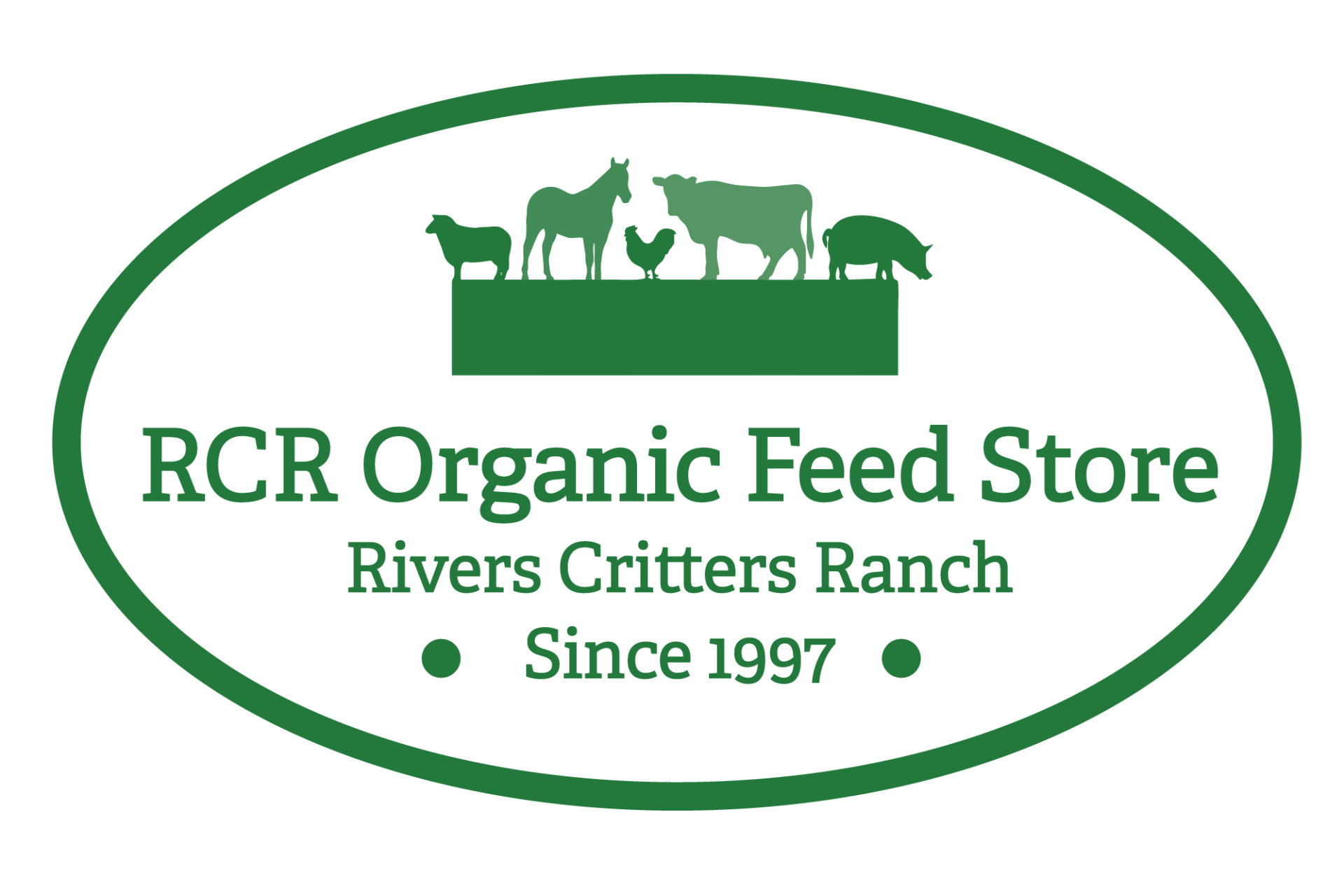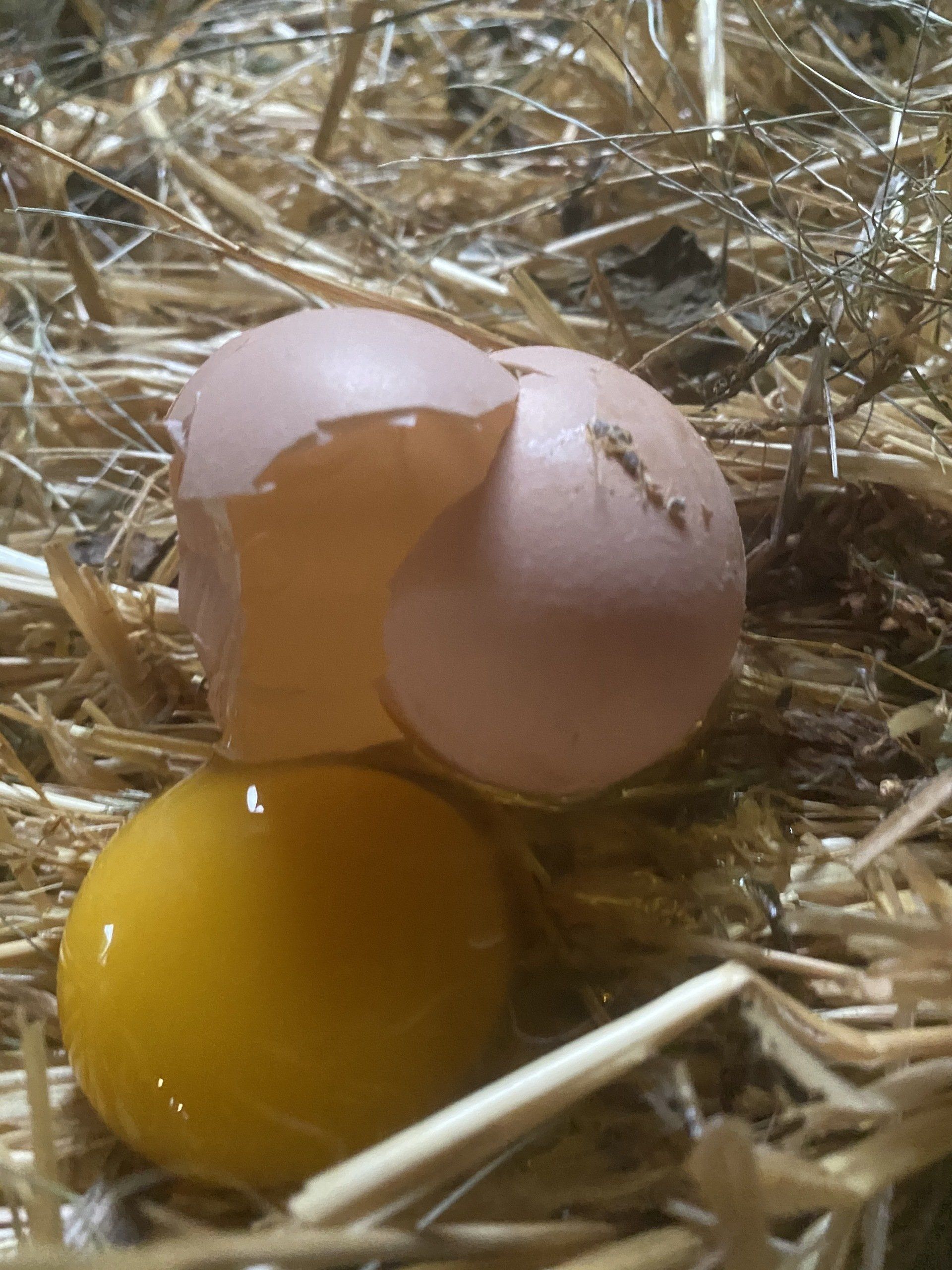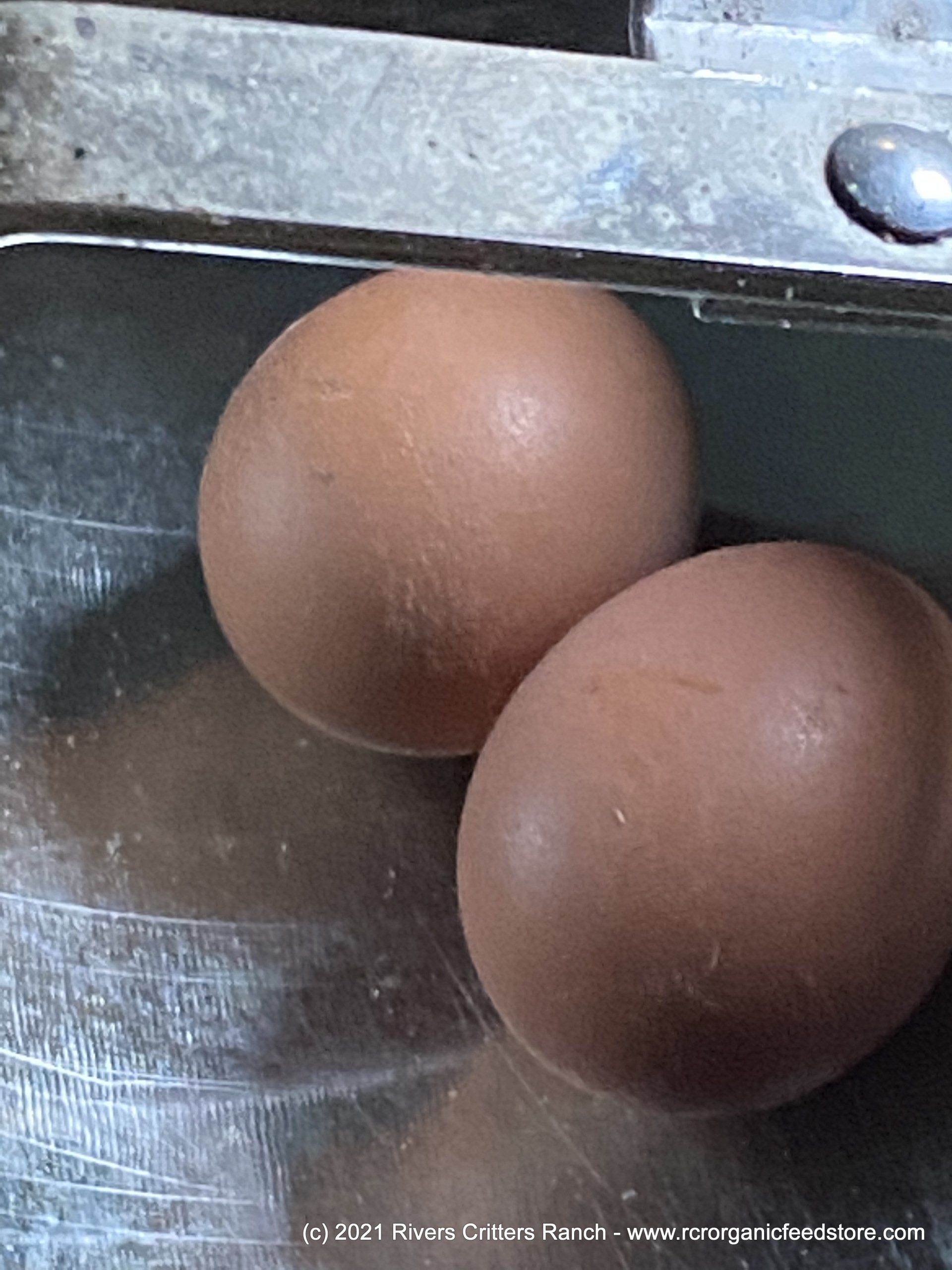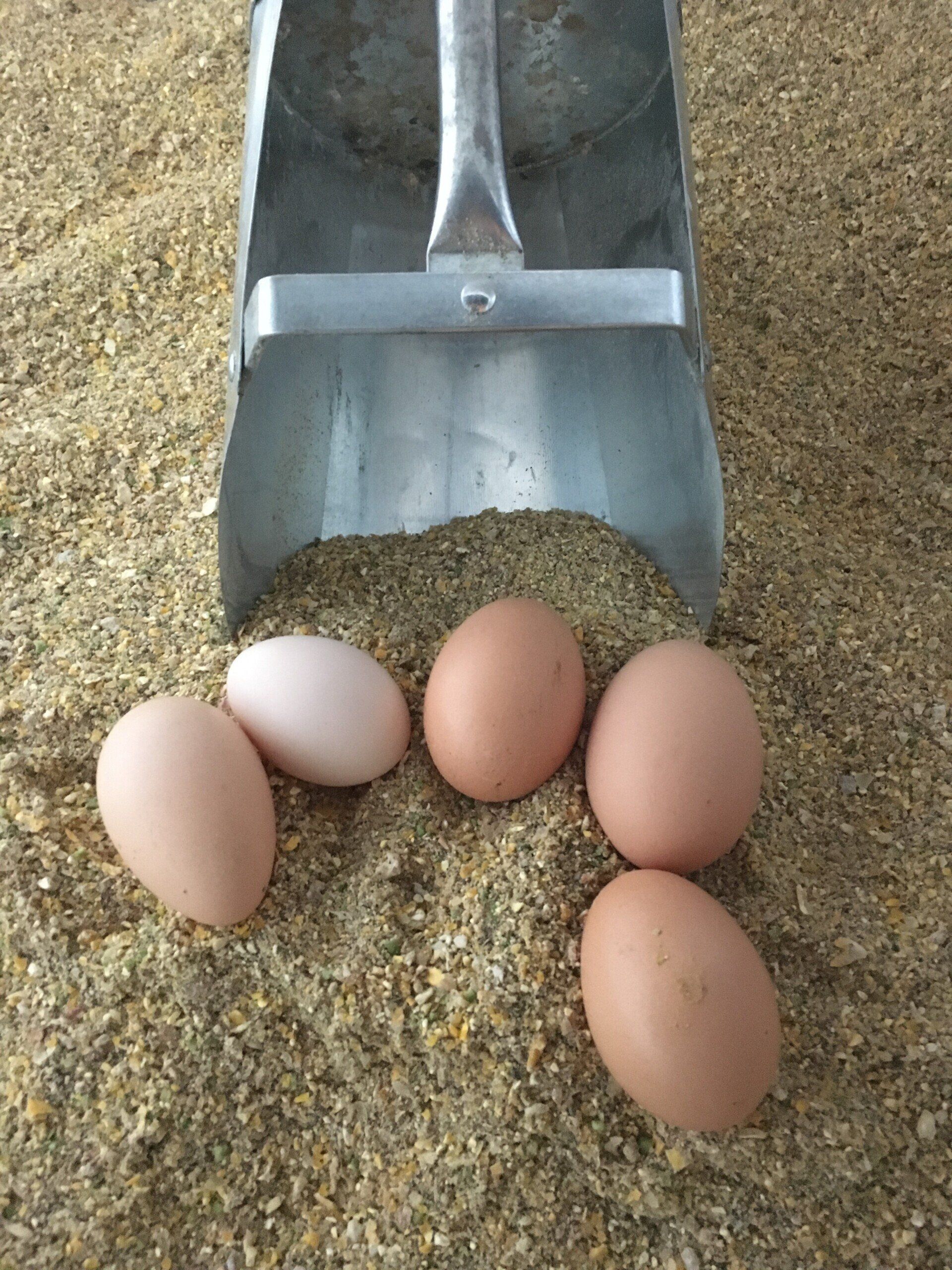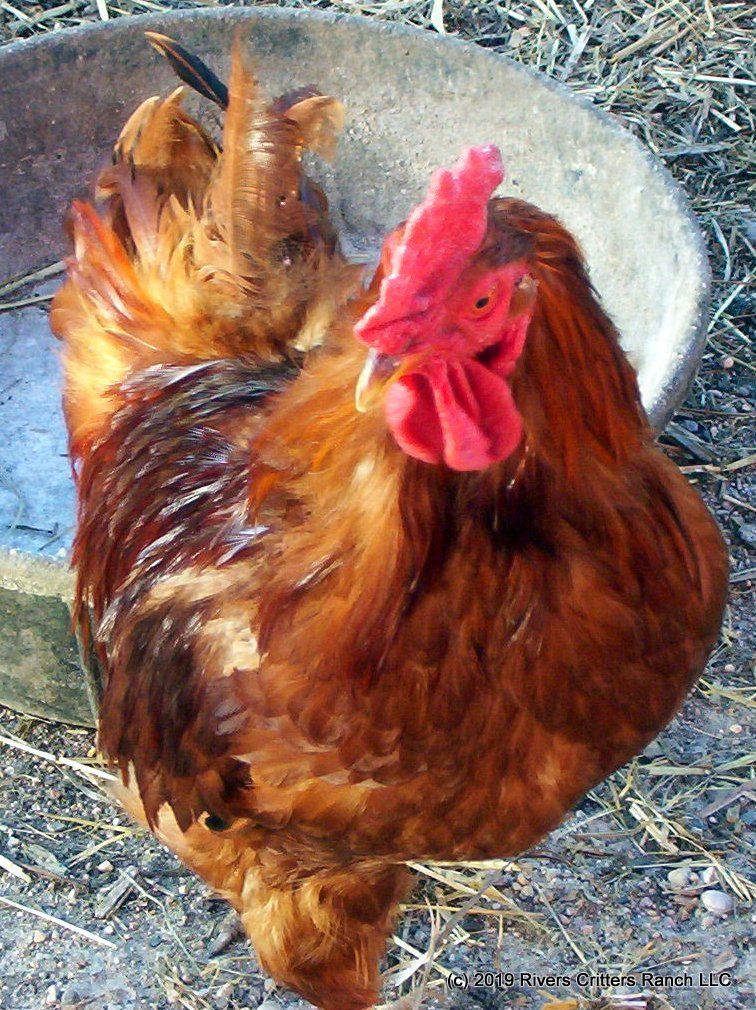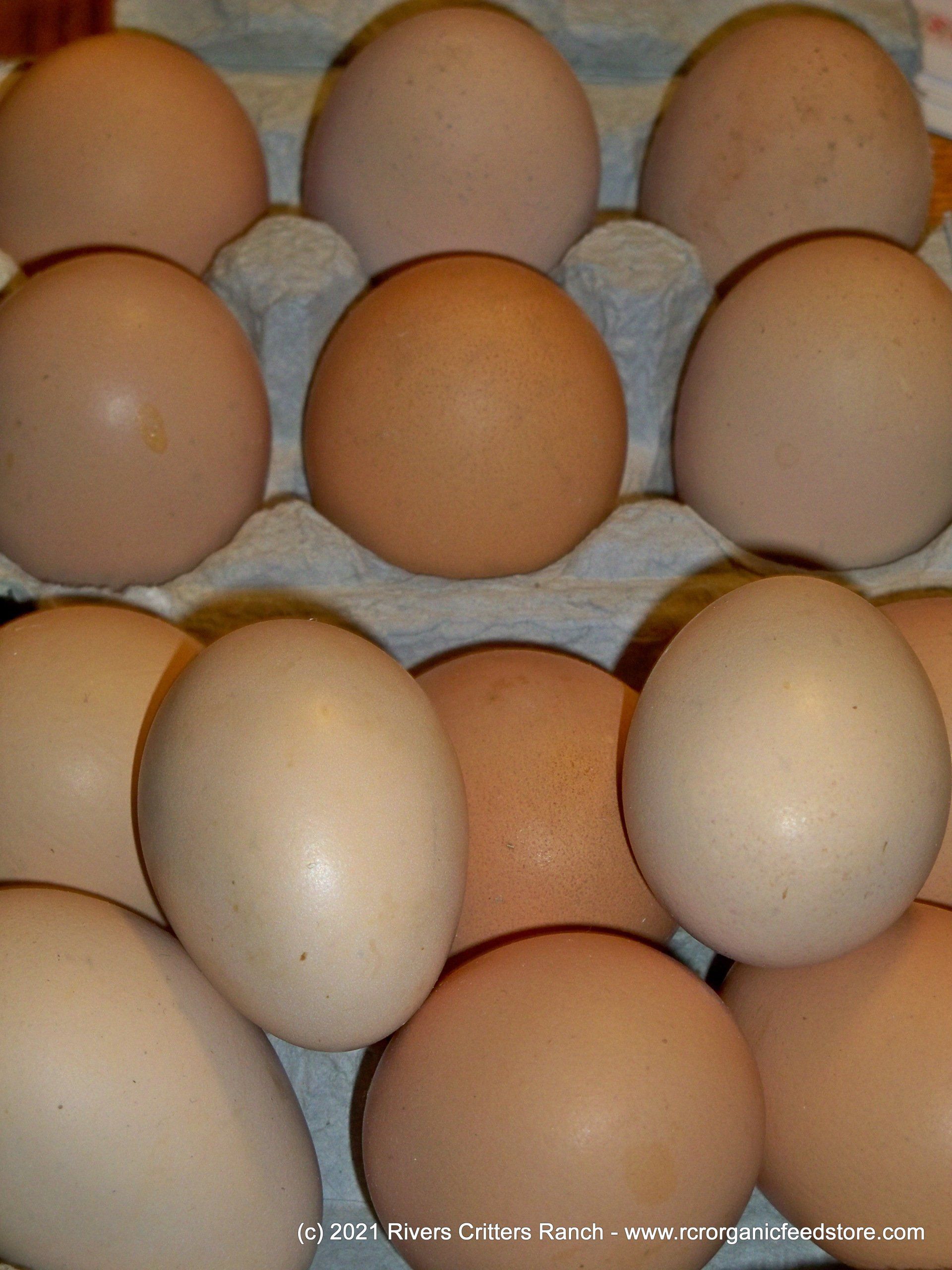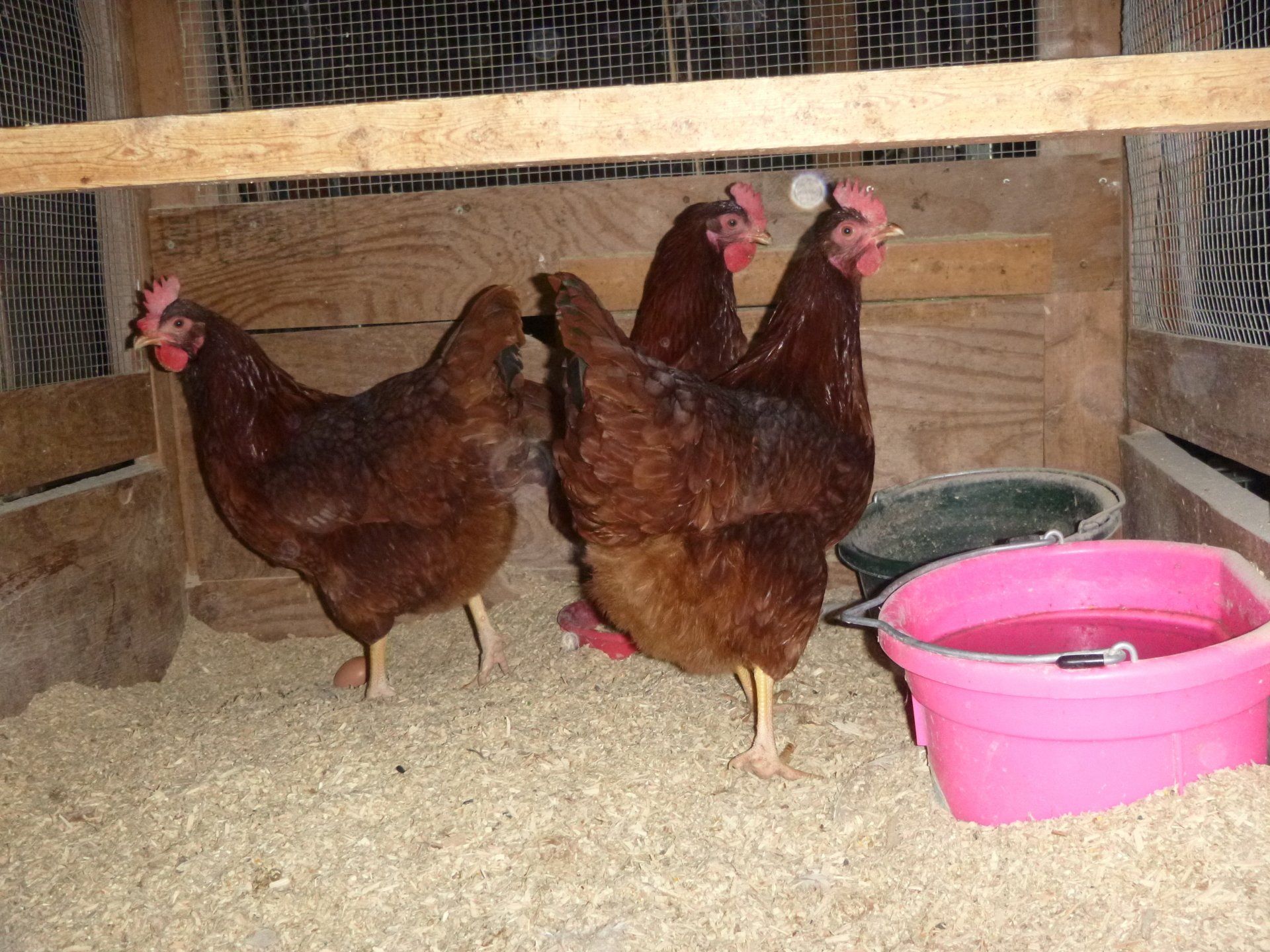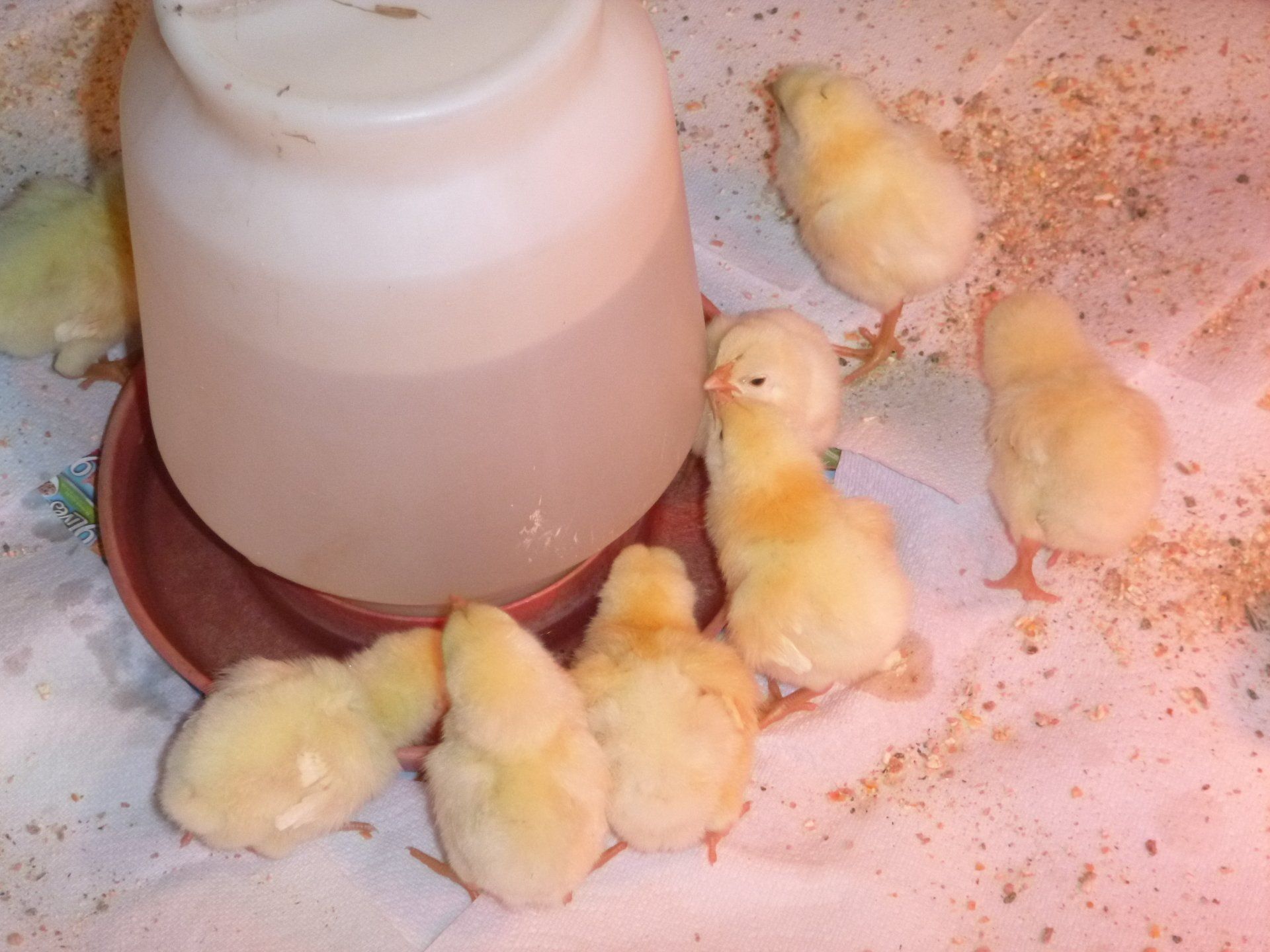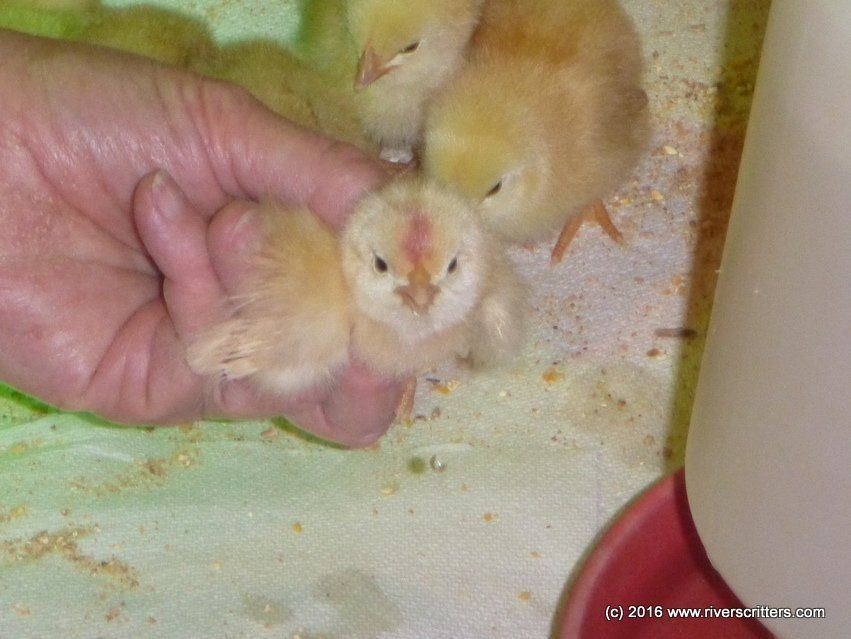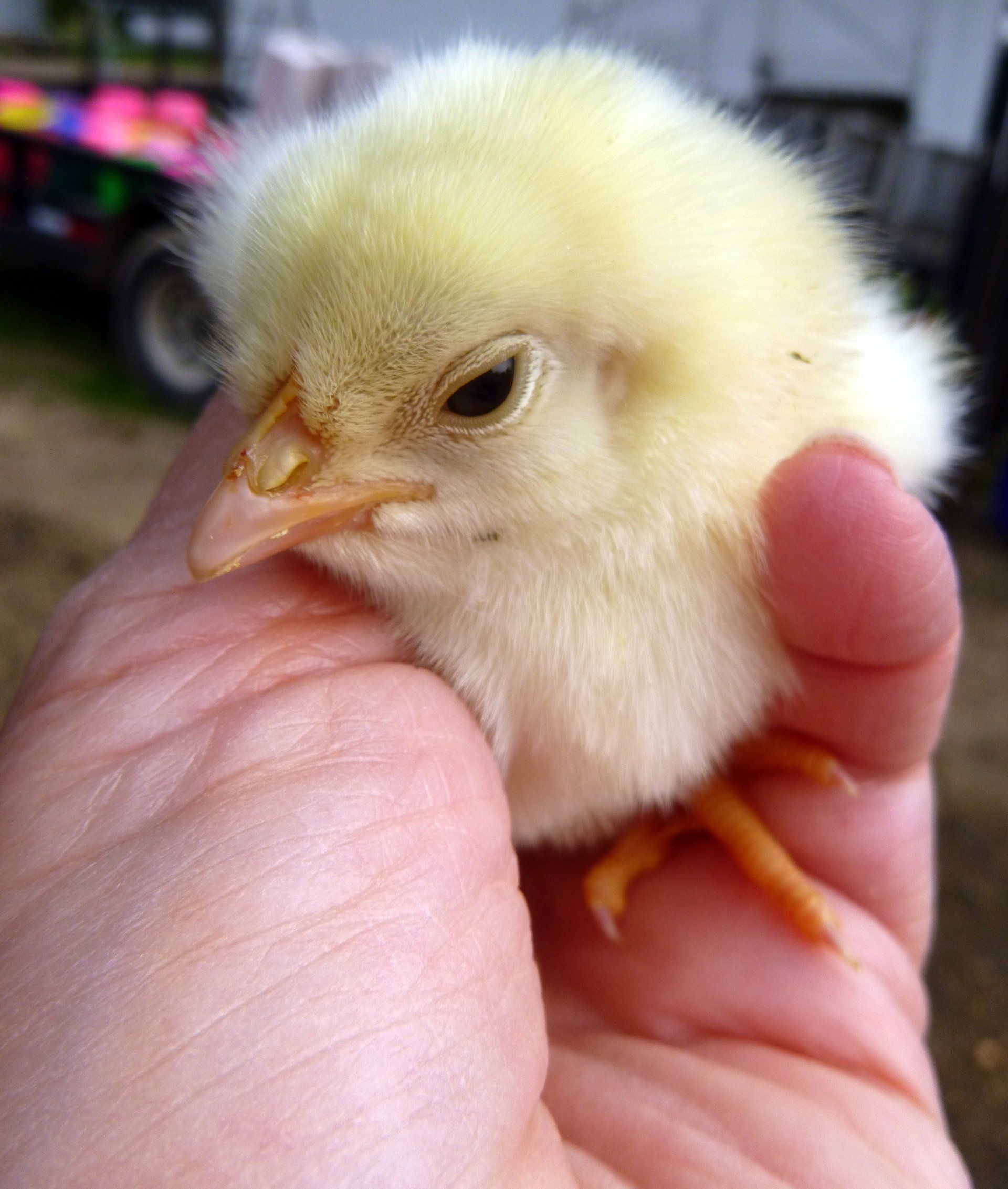Feeding Your Barnyard Animals - Certified Organic or Non-GMO Products
The Difference between Certified Organic and Non-GMO
I get many phone calls wondering if I carry feed that is non-GMO. These calls have made it clear that there is a great deal of confusion on this subject. Most consumers now look for the Non-GMO Project Verified seal as well as the Certified Organic Seal, after all, both suggest that the product is “good for you.” However, the two organizations are vastly different.
The National Organic Program is run by the government along with several outside agencies (such as MOSA. Oregon Tilth, OCIA and several others). The organic guidelines requires that a producer cannot use any chemical ingredients or fertilizers, synthetic substances, irradiation, sewage sludge or genetically modified organisms. Additionally, a farmer may not provide the animals with synthetic hormones or antibiotics if they are to label their meats as organic. I have heard many propose that Certified Organic is just an excuse to charge higher prices. I suggest to these people that they should consider the additional work required. For instance, prior to planting you often must till in the field several times to knock down the weed seed (an increase in time and fuel). Plus, you are then committed to hand weeding and mechanical cultivation until the harvest. You also must manually police the field to control the insect population. Additionally, seeds are untreated and require certain soil temperatures before planting. Not to mention the mountain of paperwork required of organic farmers which covers every aspect of their farming operation so that they can maintain their Certified Organic Status.
While the Non-GMO Project is not a government agency, it does have set standards like the European Union’s Laws (many European Countries ban the use of GMO’s) to ensure that foods bearing its seal do not contain any GMO ingredients. The Non-GMO Project only focuses on the premise the products are non-GMO as opposed to the full spectrum of requirements that certified organic requires. Additionally, The Non-GMO Project requires regular lab-testing on high GMO products such as alfalfa, canola, corn, papaya, cotton, zucchini, yellow squash, milk, meat, honey, eggs, and soy. However, there are a number of products that they have stated “no point in the production chain exists at which the GMO can be identified using current testing methodologies. An affidavit stating that any such Non-Testable High-Risk Input is not the product of genetic modification is required to establish compliance with this Standard.” These products include apples, camelina (false flax), some varieties of corn, mushrooms, oranges, pineapples, potato, salmon, sugar cane, tomato and soy (Talen).
You should note that farmers that are participating in the Non-GMO Project are not necessarily farms that are looking to transition to Organic Certification. Additionally, the Non-GMO Project Verified allows a variety of field additives that are a "BIG NO NO" in ORGANICS. These allowed additives include sewage sludge (human waste that could be contaminated with endocrine disruptors, heavy metals etc.), growth-producing antibiotics, herbicides such as roundup (you’ve seen the lawsuits on TV), Neurotoxin laced ingredients such as Hexane, and Ractopamine (banned in 160 countries).
